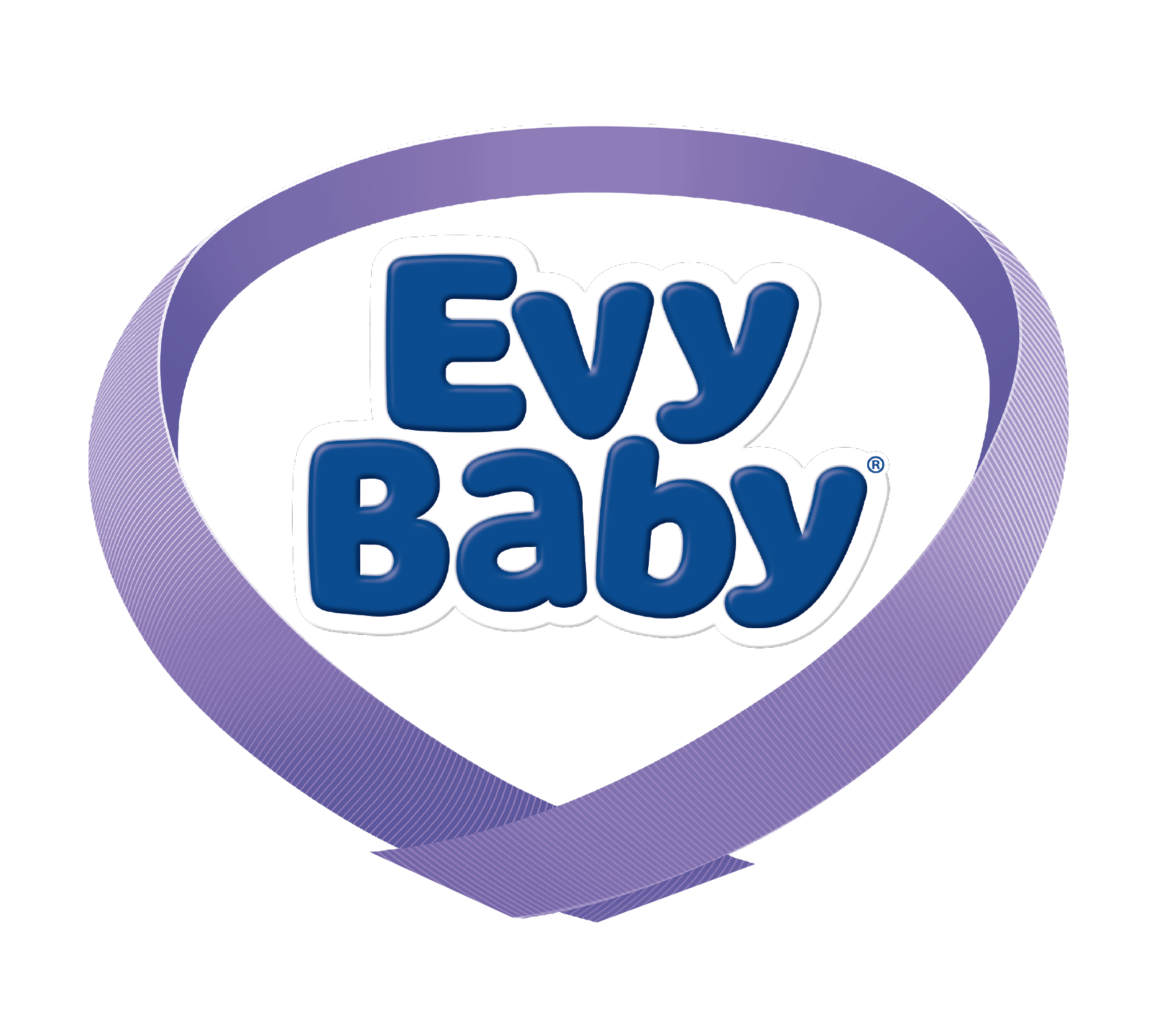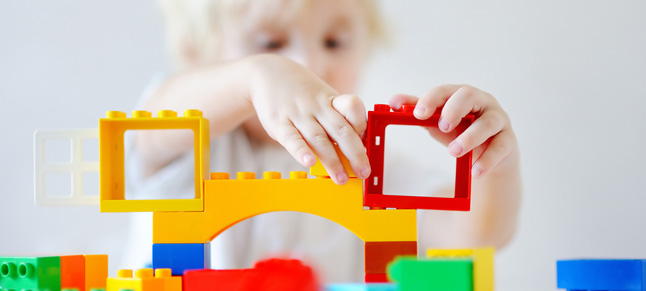

You may not notice every moment but your baby grows day by day: not only his/her body, but also his/her intelligence as he/she acquires new experiences. This week’s topic in Mom’s Land is the brain development of your baby according to the periods and points which are effective for such development.
Brain development in babies is divided into two main periods before and after birth.
Prenatal period: Brain cells in babies start to develop in the first three weeks of pregnancy and reproduce fast while the baby is in the mother's womb. This rate of reproduction is so high that babies are born with almost 100 billion brain cells’. As a result of this brain development in the womb, some memories begin to be recorded. Baby recognises his/her mother’s voice as a result of this process. In this period, the mother’s hereditary diseases, psychological conditions and diet affect the development of the baby’s brain. Furthermore, using drugs, alcohol and tobacco, or passive smoking during pregnancy, or exposure to harmful metals or radioactive environments, may negatively affect the baby’s mental development.
Postnatal period: When babies open their eyes to the world, 25% of their total body weight is formed with the brain. During the postnatal period, there are two main factors that affect a baby’s brain development. The first is the interest and love shown by the mother and father; the second is regular and sufficient sleep.
During this period, satisfying his/her needs, providing love and interest from his/her parents in particular, and providing a high level of communication with the outer world, all play an important role in a baby’s brain development. For babies who are extremely sensitive emotionally, you should communicate with him/her continually and demonstrate your love. Smiling, laughing, touching or singing will positively affect his/her mental development.
In the postnatal period, the most important risks to the development of your baby's brain are the problems that may occur due to a lack of oxygen to his/her brain during birth, or problems due to unhealthy conditions during birth. It is necessary to state that inbreeding also has a negative effect on the development of a baby's brain, due to hereditary diseases.
The first 18 months of your baby’s life is considerably important for brain development and physical activity. Your baby should be breastfed as far as possible, to strengthen the nervous system that feeds the brain. Throughout this period, while the frequently used connections in your baby's brain develop, unused ones get smaller.
At 18–36 months, your baby starts to develop skills such as walking and talking, and brain activities will develop in this direction. Your baby begins to move and tries to express himself/herself, and starts to develop social skills. He/she not only prepares himself/herself for risk, and learns about right and wrong, he/she also improves his/her communication and interaction with his/her environment.
Another primary factor in the development of babies’ brains is sleep. Babies' sleep is generally REM sleep (rapid eye movements) and the mental activities of your baby develop rapidly through this sleep type since his/her brain establishes a close relationship. Lullabies, sung before your baby goes to sleep, have the kind of rhythm that affects your baby’s brain activity and prepares him/her to sleep.
In addition, information learned through experience or play in daily life is reinforced during sleep. For that reason, uninterrupted, quality sleep directly influences how well a baby’s brain develops.